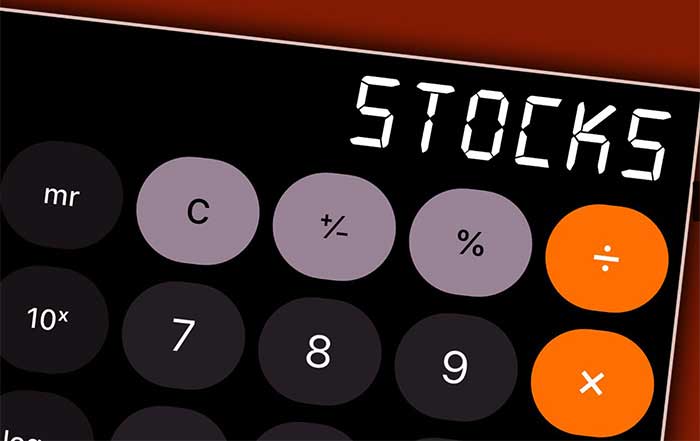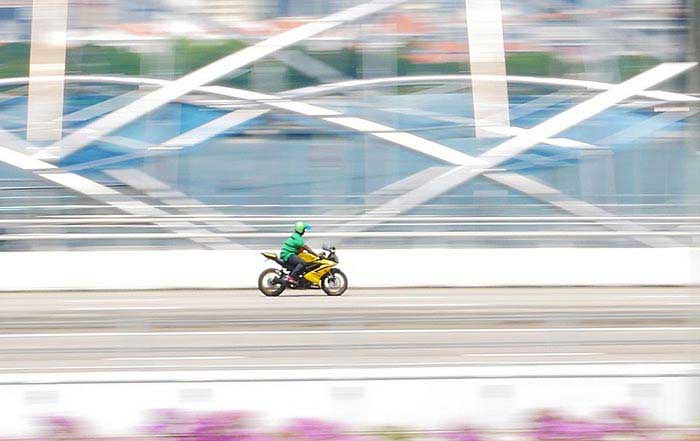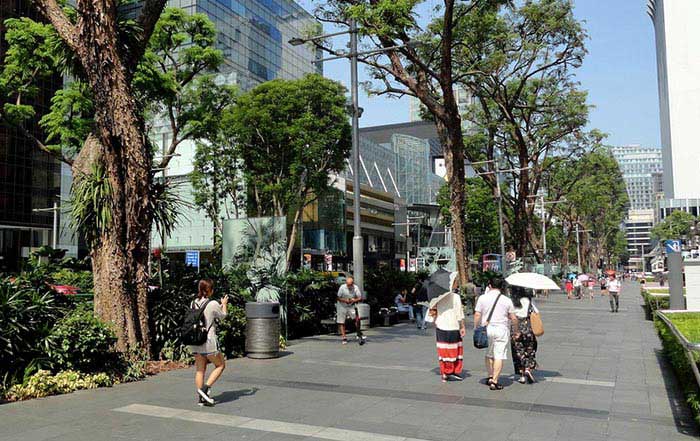Singapore's Prime Minister Hsien Loong in late 2021 revealed that announced that the country would contribute a whopping S$7.9 million in medical supplies to a regional emergency stockpile. ASEAN Secretary-General Sutherland stressed the importance of regional cooperation to "emerge stronger and more resilient" after the COVID-19 pandemic in his remarks at the video-conferenced summit. It declares that it fully supports ASEAN's efforts to prepare for future public health emergencies. He also stated that "we will contribute S$7.9 million in medical supplies to the ASEAN Regional Medical Supply Reserve." Mr. Lee emphasized the importance of ratifying the RCEP, Regional Comprehensive Economic Partnership Agreement in these "difficult times". The RCEP will help the region's post-pandemic economic recovery by boosting regional trade and investment confidence. Mr. Lee stated that ASEAN countries must gradually open their economies and restore travel safety to control COVID-19. According to him, living with COVID-19 is a significant aspect of the disease. Singapore has established vaccinated travel lanes (VTLs) for fully vaccinated visitors to avoid quarantine. Mr. Lee said, "We applaud the ASEAN Travel Corridor Arrangement Framework's adoption and the development of interoperable digital solutions." We also support the creation of digital health certificates as proof of testing and vaccination and mutual recognition of such certificates, which will make travel much more accessible.
As the COVID-19 pandemic continues two years after it began, Mr. Lee stressed that ASEAN countries must work together to improve vaccine access. Breaking the viral transmission chain is critical, but preventing severe illnesses and deaths is even more critical. Singapore is committed to vaccine multilateralism in her role as Chairperson of the COVAX Facility, ensuring all countries have equitable access to COVID-19 vaccines. Through the COVAX Facility, Singapore has donated its vaccine allocation to other countries, and Mr. Lee praised ASEAN for purchasing the region's vaccines using the COVID-19 ASEAN Response Fund. Mr. Lee says that ensuring the timely and equitable distribution of vaccines across the region is a top priority for Singapore. We're also planning three new vaccine manufacturing facilities to expand our vaccine manufacturing capabilities. COVID-19, according to Mr. Lee, has been tamed. This is one difficulty that comes with having COVID-19.
Assemblies and the other ASEAN Member States will receive Singapore's allotment. Singapore is ready to work with ASEAN members to ensure timely and equitable vaccine distribution. "We're building three new vaccine production facilities and expanding our cold chain logistics services, for example." Mr. Lee also stated that ASEAN countries must look ahead and strengthen cooperation in new growth areas like digitalization and ICT. "COVID-19 has boosted digital transformation in business and society." To build a more sustainable future, existing mechanisms like the ASEAN Smart Cities Network should be used to share experiences and best practices. More reliance on technology necessitates more robust cyber-security measures, he said. "Securing critical information infrastructure and implementing capacity-building programs, such as the ASEAN-Singapore Cyber-security Centre of Excellence." During the 39th ASEAN Summit, Mr. Lee addressed US-China relations. He said ASEAN had a "tumultuous" year and will face complex challenges from geopolitical tensions and significant power competition. "We must be able to meet these challenges. ASEAN must remain a hub of cooperation and trust, even with major powers. It must remain the hub of an open and inclusive regional architecture."
For many years, he said the US-China relationship would be a "decisive factor" in regional and global peace and stability. Like most other countries in the region, Singapore seeks good relations with both the US and China, Mr. Lee said. "We don't want the region to become a hotbed of rivalries and conflicts. On the other hand, we hope the US and China will keep substantive engagement with countries in the region on their own merits, rather than as competitors." La contribution de la Chine au COVID-19 ASEAN Response Fund was also mentioned by Mr. Lee at the ASEAN-China summit later that day. Mr. Lee believes ASEAN and the US should work together on digital infrastructure, cyber-security, and climate change. A digital economy worth US$200 billion by 2025, Mr. Lee stated at the 9th ASEAN-US summit, presenting opportunities for both American and ASEAN businesses to collaborate and ride this wave. "Likewise, we can work together to create green, sustainable economies. Climate change threatens humanity's survival" Lee clarified. The April Leaders' Climate Summit was a great idea, and I look forward to discussing it at COP26 next week.




